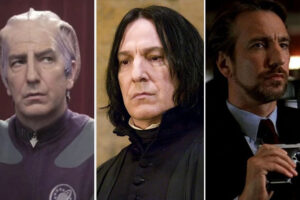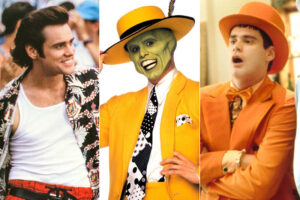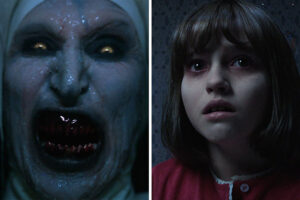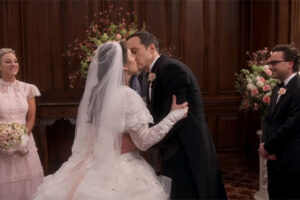
The Academy Awards stand as the pinnacle of recognition, a testament to the artistry, storytelling, and craftsmanship of filmmakers. However, not all Best Picture winners are created equal. Paul Haggis’ “Crash” (2004) is a prime example. Despite its ambitious attempt to tackle racial tensions in post-9/11 Los Angeles, “Crash” has often been labeled as one of the most pretentious and heavy-handed Best Picture winners in Oscar history. But why?
Overly Simplistic Character Arcs
“Crash” boasts an ensemble cast, weaving together multiple storylines to paint a picture of racial tensions in LA. However, many of these characters undergo transformations that feel forced and inauthentic. The arcs are so neatly tied up that they border on the implausible. In trying to cover so much ground, Haggis often resorts to stereotypes, reducing complex societal issues to easily digestible (and often clichéd) moments.
Melodramatic Storytelling
While the film aims to be a raw and unflinching look at racial prejudices, it often veers into melodrama. Scenes that should evoke genuine emotion instead feel staged and manipulative. The coincidences that link characters and storylines feel contrived, undermining the film’s intent to portray the messy, interconnected nature of urban life.
A Heavy-Handed Message with Stereotyping Overtones
There’s no denying that “Crash” has something important to say about race relations in America. However, its message is delivered with the subtlety of a sledgehammer. Instead of allowing audiences to draw their own conclusions, the film often tells rather than shows, leading to moments that feel preachy rather than profound. Its portrayal of characters leans heavily into stereotypes, catering to America’s most paranoid sensibilities. This approach not only demeans the characters but also simplifies complex racial and cultural issues.
The Oscar Controversy
“Crash’s” Best Picture win was a shock to many, especially given the competition that year. Films like “Brokeback Mountain,” which offered a nuanced and heartbreaking look at forbidden love, were overlooked in favor of Haggis’ overtly moralistic tale. This upset has only added to the film’s divisive legacy. A 2015 poll by The Hollywood Reporter even had Academy voters recasting their ballots, with “Brokeback Mountain” emerging as the preferred winner over “Crash.”
When placed alongside other Best Picture winners that tackled racial tensions, such as “12 Years a Slave” or “The Color Purple,” “Crash” pales in comparison.
These films approached the subject with nuance, depth, and authenticity, qualities that “Crash” often lacks. Despite its accolades and star-studded cast, “Crash” remains a divisive film. Its portrayal of racial issues, combined with its controversial Oscar win and behind-the-scenes issues, make it a prime example of Hollywood’s often misguided attempts at addressing complex social issues.










Leave a Reply